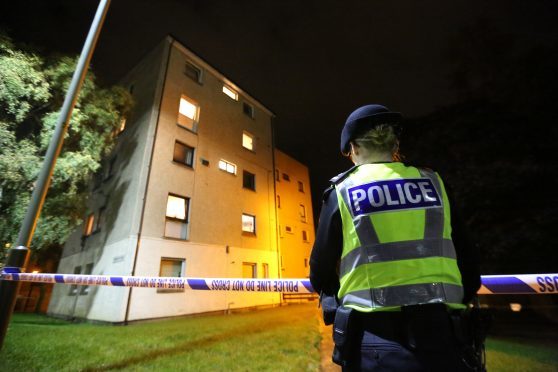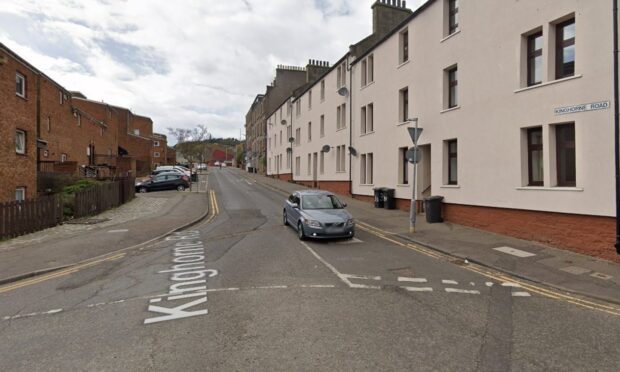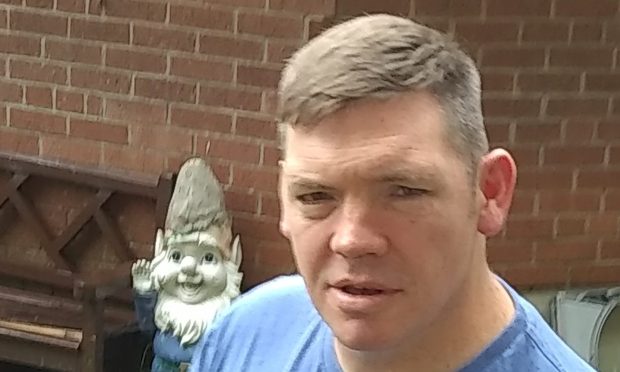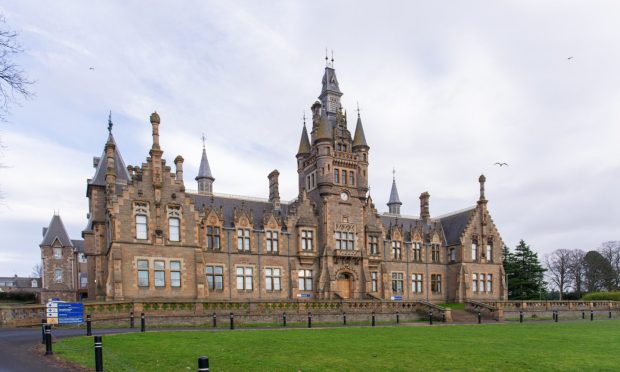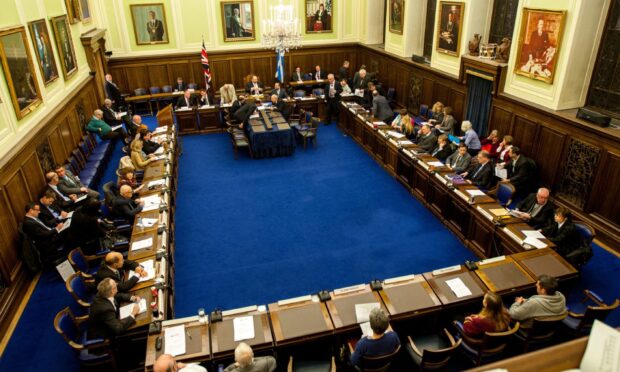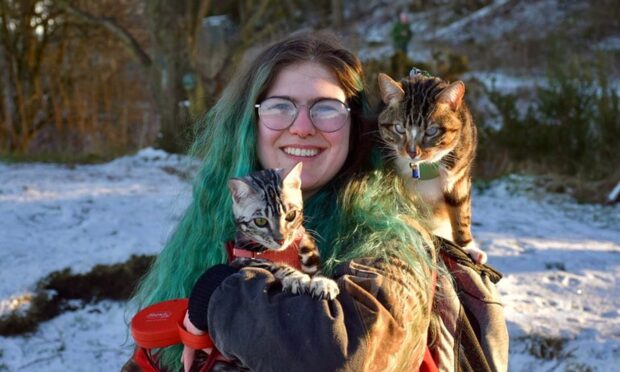Health authorities in Tayside have been urged to act over a “simply scandalous” beds shortage that saw a psychiatric patient turned away just days before he killed his best friend in a frenzied knife attack.
David Reid, who stabbed Mark Johnston more than 120 times at his Broughty Ferry home, was sent to Aberdeen in a taxi for treatment after telling friends and medical professionals demons were trying to harm him.
Reid had warned a psychiatric nurse in Dundee he was “receiving messages from God” but staff at NHS Tayside were forced to escort him to the Royal Cornhill Hospital in Aberdeen because no psychiatric beds were available in the city.
He was able to discharge himself shortly after admission, as a consultant decided he did not meet the criteria for compulsory treatment. He went on to carry out the killing at Nursery Road on October 20 last year.
Scottish Labour’s health spokesperson Monica Lennon described it as “one in a long list of failures in the treatment and care of mental health patients across Tayside”.
She said: “Mark Johnston’s death, and the circumstances surrounding it, are absolutely tragic and bring to the surface the deeply worrying problems within mental health services in Scotland.
“It is simply scandalous that no psychiatric beds were available in the country’s fourth-largest city. The live independent inquiry into mental health services at NHS Tayside must deliver the reforms needed to restore public confidence in the health board.”
>>24 Days of Christmas – Click here for special festive deals from some of our favourite local businesses
Conservative mental health spokesperson Annie Wells also hit out at the fact Reid had to be taken to Aberdeen to seek treatment.
She said: “It’s bad enough that there was no capacity to keep him in one of Scotland’s major cities, but the fact he was able to walk free from another unit in this way just compounds the series of failings.”
The Courier has reported on the plight of a number of mental health patients in Tayside who have been transferred, sometimes hundreds of miles, to seek treatment elsewhere due to a lack of provision in the region.
One such patient, a 17-year-old autistic girl being treated for depression and anxiety, was sent more than 400 miles away to Northampton because NHS Tayside claimed no available facility in Scotland was capable of meeting her needs.
Reid was acquitted of murder at the High Court in Livingston last week after the prosecution accepted he was “not criminally responsible for his actions by reason of mental disorder”.
Advocate depute Graeme Jessop said it is considered unlikely the Scottish Fatalities Investigation Unit will have criticisms of the actions taken by NHS Grampian in relation to his discharge from their care.
Robert Packham, chief officer for Perth and Kinross Health and Social Care Partnership, said: “Any patient who requires a period of hospital assessment or treatment will be admitted. We do not turn away anyone who needs inpatient care.”
A Scottish Government spokesman said: “Mental health is a priority for this government and we expect all boards to provide the quality services patients require.”
